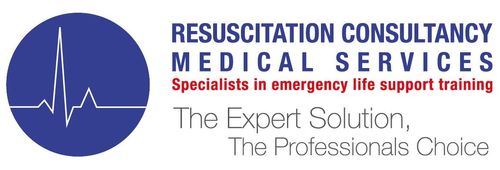Course Overview
The workshop is predominantly practical and candidates have the opportunity to undergo supervised instruction and practice, using training manikins. Our experienced instructors will guide and mentor them throughout the learning process, ensuring that they develop the necessary skills and confidence to perform these procedures independently.
Upon successful completion of the workshop, candidates will be required to gain competency under clinical supervision within their own workplace. This ensures that they are able to apply their newly acquired knowledge and skills in real-life situations and deliver high-quality care to their patients.
We can adjust this face-to-face programme to suit the needs of the group and it can be complimented with a range of our other courses e.g. Anaphylaxis.
This course is a combination of classroom-based teaching complimented with practical hands-on teaching and skill development using a training IV arm.
Learning Outcomes
- Discuss the legal and professional issues around cannulation and venepuncture
- Explain the venous anatomy and suitability of vessels for both venepuncture and cannulation.
- Discuss patient preparation prior to procedure
- Demonstrate awareness of available equipment: vacuumed systems, ‘butterflies’.
- Demonstrate safe and competent procedure.
- List the common complications, e.g. haematoma, extravasation, needlestick injury and steps to minimise risks to the patient and staff.
Course Length:
At Least 4 contact hours
Course Assessment:
Assessment is continuous
Course Structure and Programme
- Overview of professional aspects of venepuncture and cannulation.
- Overview of the venous anatomy of the human arm and leg and criteria for vein selection.
- Equipment available – review of the common blood sampling / cannulation devices and safety devices available.
- Practical techniques under expert supervision using the most up-to-date training manikins available.
- Complications of venepuncture and cannulation.
- Documentation and ongoing assessment of devices.
Message us, we love to chat
Contact Details
Contact our team of clinical professionals who practice what they teach. We would love to hear from you.
Phone: 0333 0122 999
Email: info@rcmstraining.co.uk
86 Forest Walk
Buckley, Flintshire
CH7 3AR

